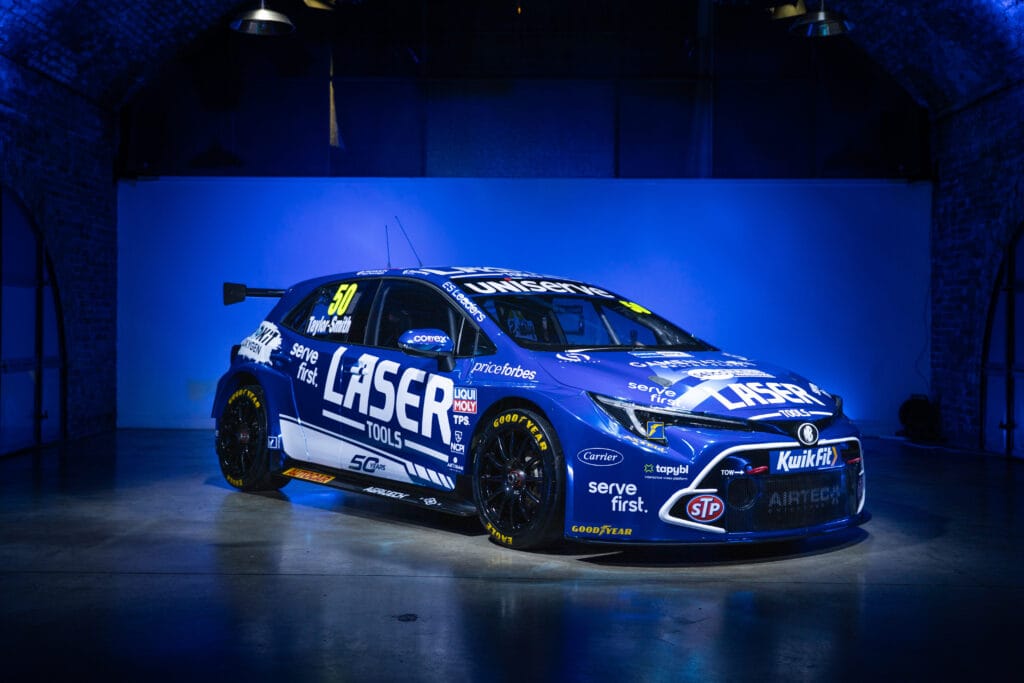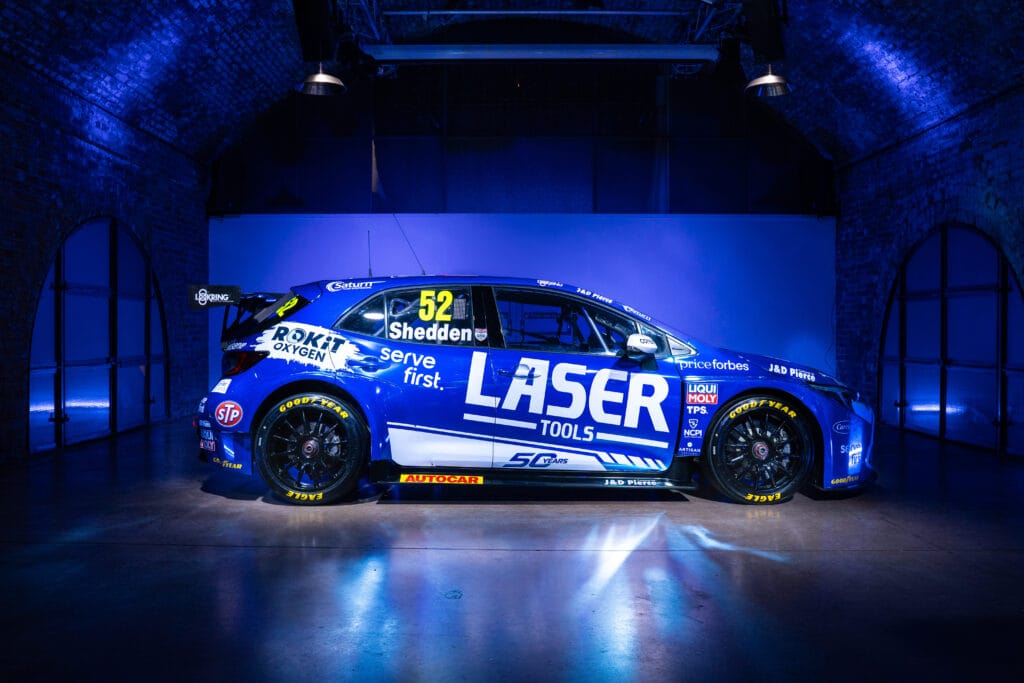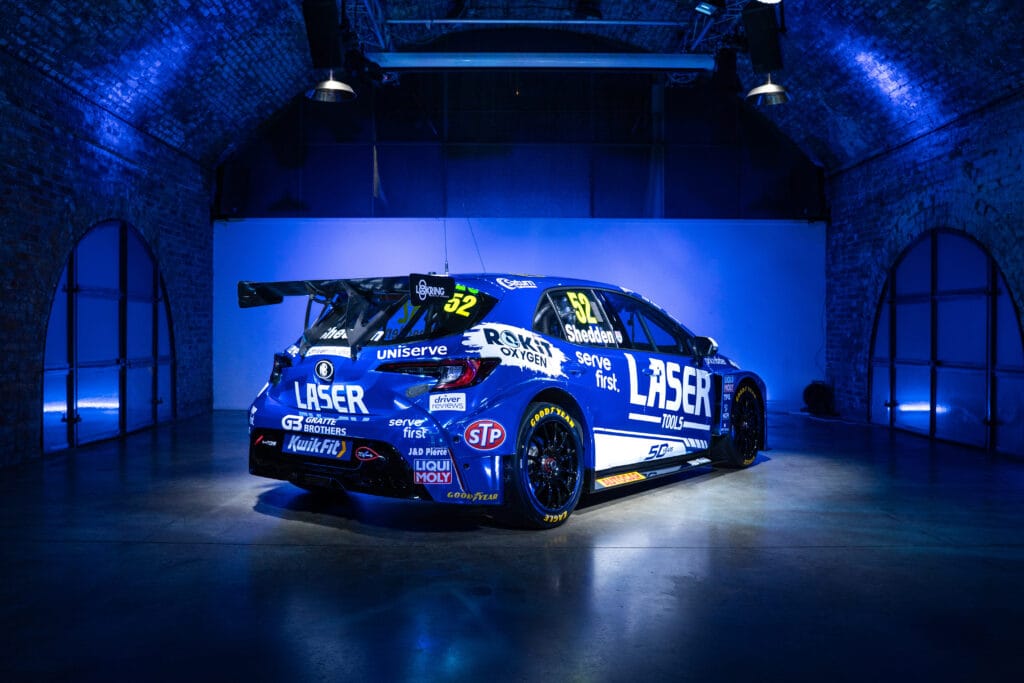Adam Morgan completes Plato Racing line-up for 2026 BTCC season
Plato Racing is delighted to announce the signing of Adam Morgan, completing its driver line-up for the forthcoming 2026 Kwik Fit British Touring Car Championship season.
In what is the latest true statement of intent by the championship’s newest team, the 37-year-old will partner fellow multiple race winner Daniel Rowbottom to drive a Mercedes-AMG A35 Saloon.
Bringing with him a wealth of experience in the BTCC, Morgan made his debut back in 2012 after securing a place on the grid as a prize for winning the Ginetta GT Supercup title the previous year.
Showing plenty of pace and potential during his inaugural campaign, the Lancashire racer and his family-run team would score a maiden podium in his second season, before then embarking on a hugely successful seven-year stint driving a Mercedes A-Class.
During that time, Morgan tallied eight of his 11 BTCC wins and 30 of his 47 podium finishes in the striking hatchback. He also teamed up with Rowbottom for the 2019 campaign as the latter made his bow in the UK’s premier motorsport series.
Playing a highly competitive role as part of Manufacturers’/Constructors’ teams in recent years, Morgan – along with Rowbottom and team figurehead, two-time champion Jason Plato – is now preparing to utilise all of his knowledge to help drive the squad forward.
Adam Morgan, Plato Racing: “This is unbelievably exciting. Joining Plato Racing and being a part of a brand new team, brand new car and a whole new way of approaching the BTCC is incredible.
“JP knows how to win championships and get the best not just out of the car but also out of the team, and you can already see that clearly in how he has gone about setting up Plato Racing. The staff, the infrastructure, the investment, the no holds barred approach is something I have never witnessed before.
“For myself and my sponsor Ciceley Commercials Ltd, joining Plato Racing and driving a Mercedes Benz is commercially by far the best option for us both. And from the first moment we walked into Plato Racing HQ we knew this was where we wanted to be for 2026.
“Dan and I have raced together since we were eight, and he was my teammate at Ciceley in 2019. Paul Ridgway was also my engineer for a couple of years, so we all know how we all work and most importantly we all get on and want to win!
“I genuinely can’t wait to get started, it’s going to be a mega year! There’s going to be drama, of course, Jason Plato is involved!”
Jason Plato, Plato Racing Team Owner: "I'm thrilled to have Adam join my team, he has vast experience and has proved he can win BTCC races with his 11 wins and 47 podiums.
“Russell his father is a friend of mine, we raced together in 1996 Renault Spiders. They are honest lively people who are business savvy, with strong Mercedes and Daimler connections.
“I also believe, it’s also very important in the first year of a new team that both my drivers get on well and don't fire my cars at the wall, I have absolute confidence that they fit the bill.
“Just like I expect from Dan, I also believe that Adam will be a true force at the sharp end in the BTCC this year.
“Wow, it's a wonderful moment to have two great drivers who have the personality and wildness to fit in with my brand values at Plato Racing.”
Donington Park plays host to the opening rounds of the 2026 Kwik Fit British Touring Car Championship season on 18/19 April.



